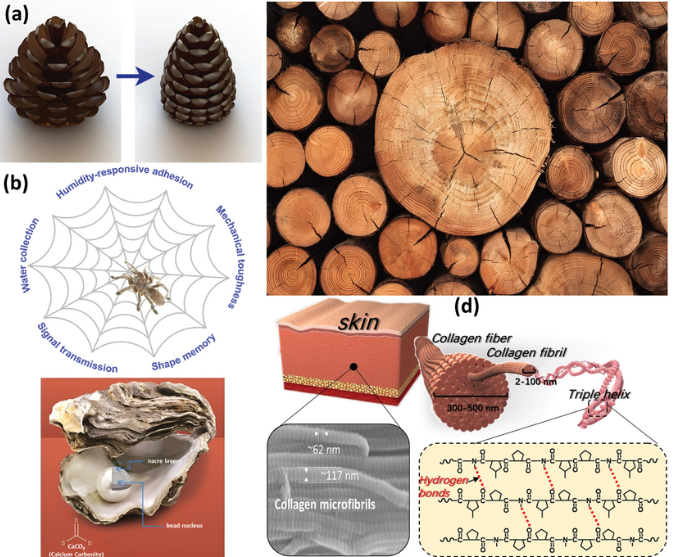Embracing Circular Design: Lowpoly's Innovative 3D Printed Furniture from Coffee Waste
- Aniksha Kar
- Jun 19, 2024
- 3 min read

In recent years, the global push towards sustainability has seen a significant rise in efforts to implement the circular economy model. At the heart of this movement lies circular design, which aims to develop products that are not only environmentally friendly but also boast a sustainable life cycle. A standout example of this progressive approach comes from Spanish company Lowpoly, in collaboration with coffee roaster D-Origen, who have embarked on a transformative project redefining interior design with sustainability at its core.The Concept: Turning Coffee Waste into Functional ArtCoffee grounds, despite their potential uses in fertilizer and industrial applications, still contribute significantly to landfill waste, especially given the ubiquitous presence of coffee shops worldwide. Addressing this environmental challenge head-on, Lowpoly and D-Origen have joined forces to repurpose coffee waste from local cafes into stunning 3D printed furniture. This innovative initiative not only showcases the versatility of 3D printing technology but also underscores its potential in sustainable design practices.The Materials: Coffee Grounds and Recycled PLACentral to this project is Lowpoly’s development of a novel material blend comprising coffee grounds and recycled PLA (polylactic acid). This mixture serves as the raw material for crafting various furniture pieces including bars, counters, stools, and lights. These bespoke items now grace the interior of D-Origen’s Casa Calvet café, a striking modernist structure designed by Antoni Gaudí, offering visitors a blend of architectural heritage and cutting-edge sustainability.The material itself is impressively organic, composed of 98% coffee grounds, with the remaining 2% sourced from recycled PLA. This composition not only eliminates the use of petroleum-based plastics but also ensures that the 3D-printed furniture is entirely biodegradable—a significant step towards reducing environmental impact.The Design Process: Innovation and PrecisionBehind the intricate design of each furniture piece are visionaries Gianluca Pugliese, founder of Lowpoly, along with designers Ilaria Marzano and Arturo Tedeschi. Leveraging artificial intelligence and advanced digital design techniques, they have meticulously crafted furniture that is not only functional but also visually captivating. The unique hues and textures of the furniture are a direct result of using coffee as the primary material, adding a distinctive character to each piece.Technical prowess plays a crucial role in this endeavor as well. Lowpoly employs state-of-the-art large-scale 3D printing technology, utilizing industrial robotic arms equipped with a REV3RD extruder capable of handling substantial material volumes. This technological edge not only enhances production efficiency but also allows the team to bring their creative visions to life with unparalleled precision. The resulting furniture pieces boast a natural finish that seamlessly integrates with the café’s aesthetic and design ethos.Beyond Coffee: Expanding the Sustainability HorizonLowpoly’s commitment to sustainability extends beyond coffee grounds. In a recent interview for the Venus Founders Podcast, Gianluca Pugliese highlighted their use of waste materials from oranges, grapes, bananas, and olives, blending these with self-collected plastics to create a diverse range of unique materials. This innovative approach not only reduces waste but also fosters a circular economy ecosystem that promotes environmental stewardship across industries.Conclusion: Pioneering Sustainable Interior DesignIn conclusion, Lowpoly’s collaboration with D-Origen exemplifies the transformative power of circular design and sustainable innovation in interior design. By harnessing coffee waste to create bespoke 3D printed furniture, they have not only redefined the concept of sustainable design but also set a new standard for integrating environmental responsibility with aesthetic excellence. As initiatives like these gain traction, they pave the way for a future where creativity and sustainability converge harmoniously, offering solutions that are as beautiful as they are eco-friendly.This project serves as a compelling testament to the potential of 3D printing and circular design to shape a more sustainable world—one coffee ground at a time.




Comments